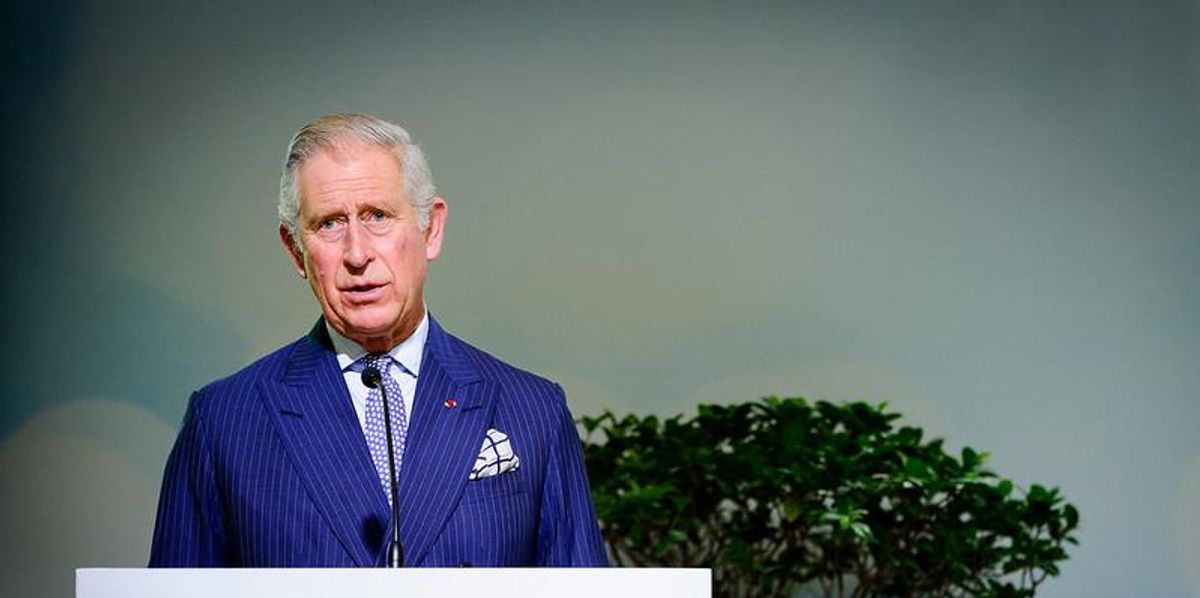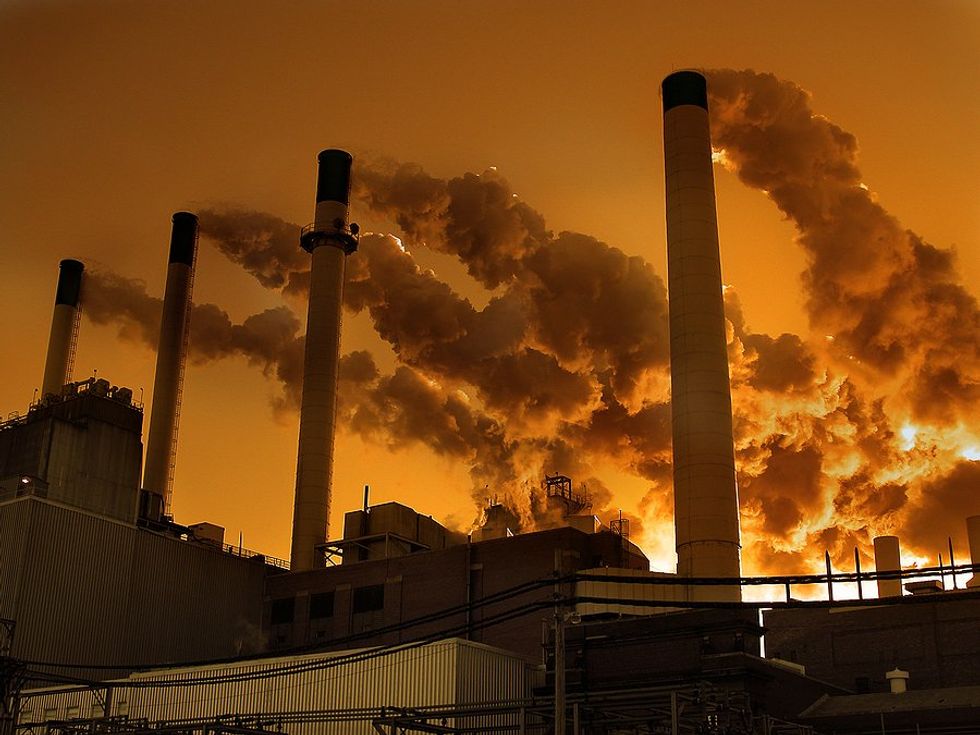
Peter Dykstra: Does climate action need a king?
Tradition could silence Charles III’s passionate voice on climate change. But should it?
So let’s figure this out: The Prince of Wales, historically passionate and outspoken about climate change, biodiversity and ocean issues, is supposed to clam up just as he rises to maximum visibility and influence?
The King Charles III has been right about climate change for decades. And organic farming. And biodiversity.
Here’s what he wrote for Newsweek in April:
“The world is on the brink, and we need the mobilizing urgency of a war-like footing if we are to win.”
Maybe we should listen a little.
But the backlash might be both strong and varied should the new king break with tradition and remain an active voice on climate.
British journalist Ella Creamer wrote in Politico: “If Charles continues his activist work, he may stand to forfeit not only approval among the American public — already dented by memory of his 90s affair — but also American interest in the British monarchy as a whole.”
Another, less pearl-clutching school of thought is that the king lacks moral authority to judge on climate because he’s a king – a filthy rich, manor-owning, jet-setting king.
Emily Atkin’s superb Heated newsletter contains a litany of complaints that, as front man for a historically brutal empire, Charles shouldn’t be looked to as a climate “king.”
The jet-setter argument has been thrown in Al Gore’s face every day for the past thirty-plus years. Leading a movement that wishes to drastically reduce carbon footprints in a climate emergency should not require one to travel only by covered wagon or Roman-style trireme. Every once in a while, world leaders gotta lead.
A terrible precedent
One Renaissance-era monarch set an unforgettable precedent for future rulers.
Henry VIII ruled Britain for much the early 16th century, and brought thunderous change to the nation and the throne. He was a bit of a royal boat rocker, ditching the Roman Catholic Church for crimping his style as a royal party animal.
After years of alleged debauchery, divorce and worse, Pope Clement VII threatened to excommunicate Henry in 1532, but died before he could follow through. His successor, Pope Paul III, ran Henry out in 1534.
In response, Henry VIII began what became the 50-year process of quitting Catholicism and founding the Church of England. It was a strong but imperfect example of a British monarch laying it down. My half-serious point here: If Henry VIII could turn the monarchy upside down for his own libido, Charles can vent a bit on an existential issue.
Even the Vatican…
…and its infallible pontiffs have come around to acknowledging basic science: In 1992 Pope John Paul II conceded the church has been wrong about heliocentrism – the earth really does revolve around the sun.
In 2008, Pope Benedict XVI praised Galileo for his contributions to science.
Then in 2015 Pope Francis issued the papal encyclical Laudato Si’, which directs catholics to devote words and deeds to protecting the Earth.
It’s hard to match the papal timeline to the British monarchy’s since the same monarch has been on the job through seven popes.
But maybe heredity’s at play. Charles’s dad, the late Prince Phillip, co-founded and served as president of the World Wildlife Fund International. His son, the new Prince of Wales, is backing The Earthshot Prize, an effort to highlight and support large-scale innovation.
Her Royal Highness Elizabeth II will be laid to rest this week, respected and beloved. I doubt Her Majesty will spin in her royal graveif her son continued to pitch in to save the planet. (And if she did, might she be a symbolic, energy-creating turbine? Sorry, too soon?)
Peter Dykstra is our weekend editor and columnist and can be reached at pdykstra@ehn.org or @pdykstra.
His views do not necessarily represent those of Environmental Health News, The Daily Climate, or publisher Environmental Health Sciences.


 Credit: Faux Toe/BigStock Photos ID: 1366970
Credit: Faux Toe/BigStock Photos ID: 1366970











